The human rights movement is diverse and multi-faceted – an ecosystem of different actors working towards human rights ideals – as highlighted by this snapshot of the variety of actors in the sector
Grassroots rights activism
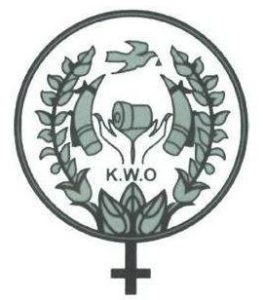 Karen Women’s Organisation, Myanmar
Karen Women’s Organisation, Myanmar
Initially a social welfare organisation at its formation in 1949, the Karen Women’s Organisation (KWO) has become a movement to encourage an awareness of women’s rights and to promote women’s participation in community decision-making and political processes. Its current vision is of a federal Myanmar where ‘all communities have gender equality, the protection and promotion of indigenous people’s rights, human rights, and justice’. The word ‘federal’ is crucial. The Karens are one of Myanmar’s major ethnic groups, having their own distinct language and culture, though since the country’s independence in 1948, the government has been centralised and dominated by Burmans. Thus, the thrust of KWO’s work is also indigenous and political rights. In addition to welfare services, KWO provides political awareness training for Karen women and engages in direct advocacy. It also runs a Young Women’s Leadership Programme, which brings together selected young Karen women from across the state to participate in a year-long on-site mentorship and training programme, to prepare them for community leadership roles. It has a membership of over 60,000 women. Its funders are a mix of local, regional and international organisations.
https://karenwomen.org
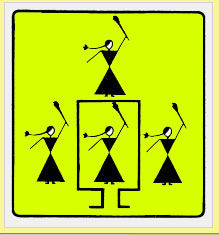 Association of Strong Women Alone, India
Association of Strong Women Alone, India
Based in Rajasthan, the Association of Strong Women Alone (ASWA) provides services for, and represents the needs of, over 200,000 women who are widowed, single, deserted, or separated from their partners and known as ‘alone’ women. In many parts of India, ‘alone’ women are excluded from social events, cannot inherit land, and are often unable to find work due to their marital status. To combat this exclusion, ASWA was launched in 1999 by 450 women. It now has over 108,000 members in eight Indian states. As part of its support and defence of the rights of low-income single women, the organisation provides literacy and advocacy training for members, which enables them to speak out against discrimination and be more autonomous. It has also launched the annual Behen Dooj festival, which is a celebration of sisterhood and an opportunity to feel and demonstrate mutual solidarity.
http://www.strongwomenalone.org
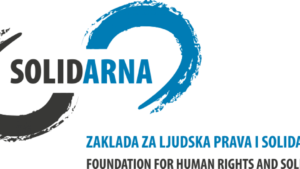 SOLIDARNA, Croatia
SOLIDARNA, Croatia
Following a series of public fundraising campaigns among allies, supporters and the wider public, SOLIDARNA was set up in 2015 by Croatian human rights activists and civil society organisations as a tech-savvy response to growing xenophobia and authoritarianism in their own and neighbouring countries. The organisation attempts to harness domestic philanthropy to defend human rights and what it calls ‘illiberal trends’. Its founding aim is ‘to encourage and to make possible for everyone to donate their money, their knowledge, their time, goodwill so that we can create a better society with our mutual efforts’. To this end, it has created a specialised online donor platform, http://www.solidarna.hr/donirajte, and, in addition, is attempting to build support in the business sector through education on the role of business in human rights protection and capacity building in civil society. Its appeal to individual and collective citizen effort is partly a matter of principle, partly of pragmatism – one of the motives behind its foundation is the realisation that EU membership would not be sufficient to guarantee human rights protection and the rule of law. In general, it stresses values, rather than organisational form in those it supports.
http://www.solidarna.hr/site/index
International NGOs
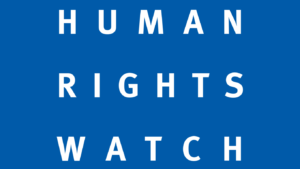 Human Rights Watch
Human Rights Watch
Comprised mainly of some 450 country experts, lawyers and journalists, Human Rights Watch (HRW) investigates and reports on abuses around the world. It uses the results of its investigations to lobby governments, armed groups and businesses to change or enforce laws, policies and practices. In order to preserve its independence, HRW will not accept government funding or corporate support. Philanthropy is therefore crucial to its work and major funders include Open Society, MacArthur and Ford Foundations. Recent HRW investigations include the civil war in Syria, the Rohingya crisis, the South Sudan conflict and refugees in Europe.
http://www.hrw.org/about-us
 Amnesty International
Amnesty International
Founded in 1961 by UK lawyer, Peter Benenson, Amnesty International (AI) describes itself as ‘a global movement of more than seven million people who take injustice personally’. The global movement is made up of a network of national sections (in over 70 countries) which campaign and lobby locally, raise funds and recruit new supporters, and the International Secretariat. AI works by conducting research, using it to lobby governments and organising public campaigns to press for change. Like Human Rights Watch (and indeed most organisations in the human rights field), its independence from those it might be called upon to campaign against is crucial. The majority of its income therefore comes from individuals but it does accept support from businesses, provided that these have been carefully vetted.
http://www.amnesty.org/en
Tribute
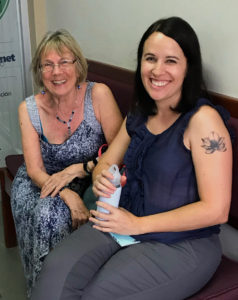 Human rights professionals work in demanding and at times dangerous circumstances. Earlier this year, Ana Paula Hernández and Sally O’Neil of the Fund for Global Human Rights tragically lost their lives in a car accident in Guatemala
Human rights professionals work in demanding and at times dangerous circumstances. Earlier this year, Ana Paula Hernández and Sally O’Neil of the Fund for Global Human Rights tragically lost their lives in a car accident in Guatemala
Regan Ralph, president and CEO of the Fund for Global Human Rights writes:
In April 2019, the human rights movement lost two indefatigable champions, Ana Paula Hernández and Sally O’Neill.
Ana Paula and Sally were each unstoppable forces; together they made extraordinary things happen. Over the course of their lives they contributed profoundly to the development of human rights activism in Latin America. Ana Paula served as the Fund for Global Human Rights programme officer for Latin America for eight intense years, providing strategic support and funding to scores of human rights organisations in Mexico, Guatemala, Honduras, and El Salvador. Sally joined the team in 2015 after a memorable career working in development for the Irish charity Trócaire.
Ana Paula’s dedication to human rights thrust her into the most important political debates of her time. She spearheaded a Mesoamerican initiative to defend land and resource rights and to increase corporate accountability, particularly in the extractive industries. A leading human rights advocate in Mexico, Ana Paula supported drug policy reform aimed at a more balanced approach, emphasising prevention, treatment and human rights rather than enforcement and criminalisation. She brought her talents to a series of top-notch organisations, including the Tlachinollan Human Rights Center in Guerrero, Angelica Foundation, the Open Society Foundations, Ford Foundation, and the Mexico office of the United Nations High Commissioner for Human Rights.
During her nearly 40 years with Trócaire, Sally focused on humanitarian crises caused by the brutal civil wars in El Salvador, Guatemala and Nicaragua. Sally brought Irish politicians and bishops to Central America to witness the atrocities and publicise them within the European Union. She also investigated the massacre in the village of El Mozote, El Salvador, in 1982, and her report of the brutal killing of civilians sent shockwaves around the world. Sally received an honorary doctorate from Ulster University in 2017 and the Hugh O’Flaherty Humanitarian Award in 2011.
As local advocates in the region were increasingly targeted with violence and harassment, Ana Paula and Sally poured themselves into protecting the safety of activists and their work. At the time of their deaths, they were in Guatemala for just this reason.
Foundations
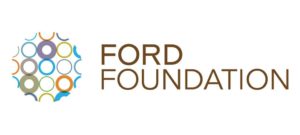 Ford Foundation
Ford Foundation
The New York-based Ford Foundation tops the list of foundations funding human rights, at $253 million in 2016, the last year for which figures are available, some way ahead of the next highest – the Foundation to Promote the Open Society, at $154 million. Its rights work falls mainly under its gender, racial and ethnic justice programme. It works overseas in India, Nepal, and Sri Lanka as well as southern and West Africa and aims to develop an understanding of the structures which drive violence, and the ways dominant systems of power shape women’s and girls’ experiences. In the US, it focuses on reducing mass civilian incarceration (the majority of whom are poor and people of colour), challenging attacks on women’s fundamental rights, and confronting the demonisation of immigrants. It sees race, gender, class, disability, and ethnic identity as deeply and ‘often inextricably’ connected and aims to ensure that its efforts to address them are rooted in this understanding.
https://tinyurl.com/Ford-human-rights
 Fondo Centroamericano de Mujeres
Fondo Centroamericano de Mujeres
Founded in 2003, Fondo Centroamericano de Mujeres (FCAM) is the first, and perhaps still the only feminist fund in Central America to raise funds in support of the financial, political, fiscal and emotional sustainability of groups and individuals that work for the human rights of women and their communities. Based in Nicaragua, it is also the largest human rights funder in the Global South, spending $8 million in 2016. Its programmes support partners in the areas of sexual and reproductive rights, labour rights, young women (the largest area of work if the number of grantees – 30 – is a reliable gauge), migrant women, and women and environmental justice. It follows the model of feminist philanthropy set out by Fondo Alquimia, which seeks ‘to redefine philanthropy as a conscious political act, in which the donations are made from a peer-to-peer perspective… to collectively contribute to social transformation through actions taken by feminist and women’s organisations in order to improve the wellbeing of women and their communities’.
http://www.fcmujeres.org/en
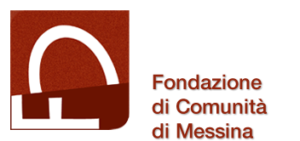 Community Foundation of Messina, Italy
Community Foundation of Messina, Italy
Carola Carazzone writes: In one of the most deprived cities of Sicily, the Community Foundation of Messina is using an approach based on human rights to promote local engagement and community development. The foundation uses a range of assets including buildings confiscated from the mafia to facilitate environmental, civil, cultural, economic and social fundamental rights and freedoms. Established in 2010, it has been the motor of a physical and cultural metamorphosis of the community, tackling the root causes of centuries-old patterns of discrimination and inequality. From the beginning, the foundation decided not to fund standalone projects, but to support innovative policies of inclusion and social change. Projects it supports include Il Patto Educativo to promote cohesion among educational agencies in the region, Ecos-Med which promotes a socially just approach to the exploitation of local resources, and Esco-Solidarity and Energy which fosters a green social economy by converting public buildings and spaces to renewable forms of energy.
https://tinyurl.com/FDC-Messina
Towards principles of human rights philanthropy
Rachel Thomas and Rebecca Landy of the Human Rights Funders Network write:
An important consideration in human rights philanthropy is how we fund not just what we fund. Do we recognise the power dynamics at play in our grantmaking? Are we funding the communities most affected by injustice and inequality and ensuring they lead the work? Are we transparent and accountable in our decision-making? In short, do we adhere to the human rights values our grantmaking seeks to uphold?
The Human Rights Funders Network (HRFN), Ariadne – European Funders for Social Change and Human Rights, and Philanthropy Advancing Women’s Human Rights (PAWHR) have joined forces to provoke discussion within our memberships, and move us closer to human rights values, as we jointly explore what it means to be a human rights funder. We are harnessing the experience of our members to articulate principles, to be published in 2020, which should guide grantmaking, gather illustrations of what this means in practice, and challenge our communities to think critically about incorporating these principles in their work – an essential step towards shifting the power in philanthropy and better supporting people worldwide to claim their rights.
http://www.hrfn.org

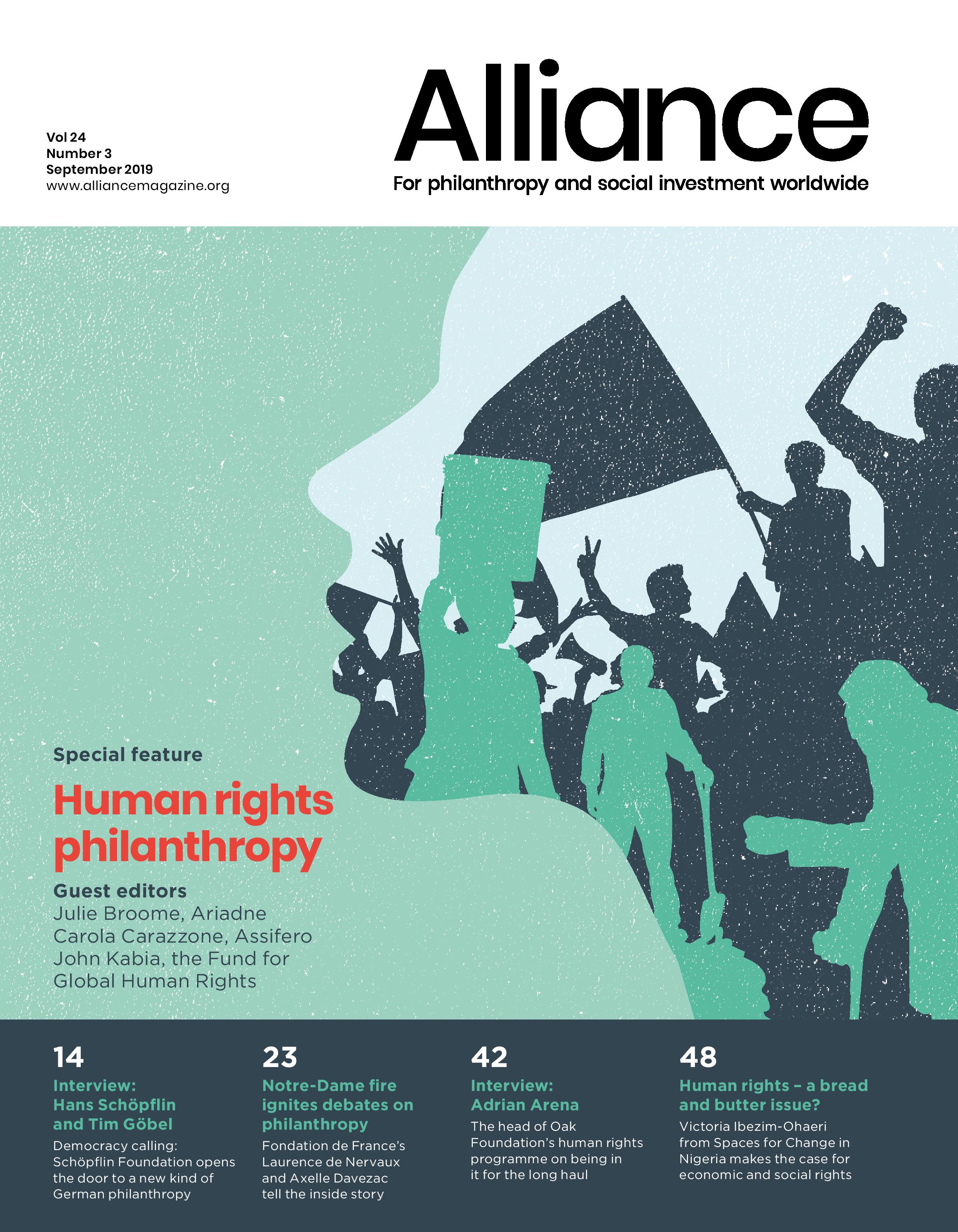




Comments (0)